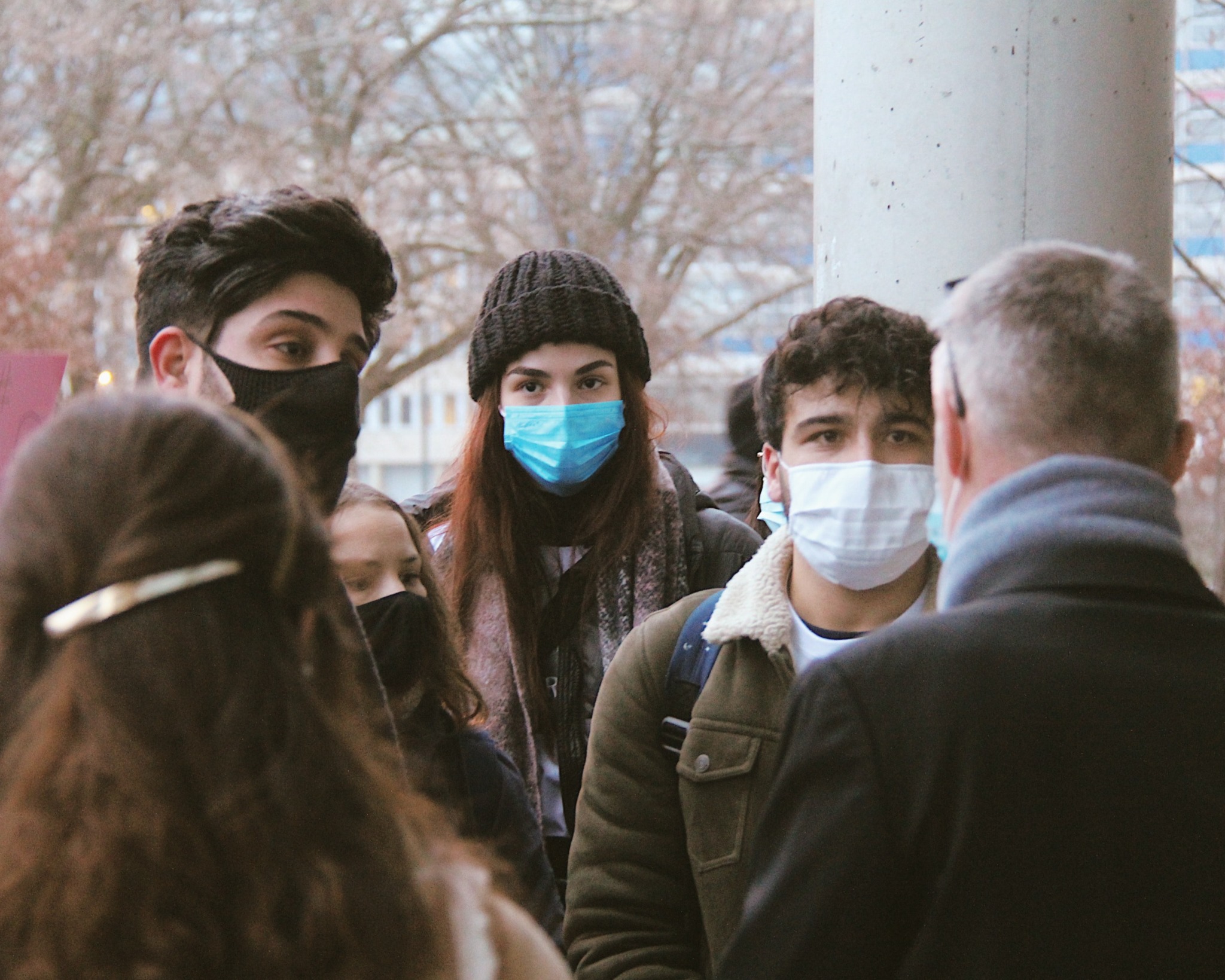There is something new lurking around college campuses in the 2020-21 school year. No, it is not the virus haunting our everyday lives. And no, it is not the new rules and regulations that the virus has caused.
It’s isolation.

This year there are no parties (or at least this writer hopes not), fewer extra-curriculars and generally less face-to-face time with other human beings. Almost everything is over Zoom or another virtual interface. This virtual college experience has left me feeling utterly alone.
At the beginning of this spring semester, I had three roommates, all experiencing this virtual reality with me, but I struggled to connect, even with the people I lived with. We were in our apartment for upwards of twenty hours a day, only leaving for meals and our few-and-far-between in-person activities. Spending that much time with other people can be more isolating than comforting. There was a fear in our apartment of stepping on each other’s toes or nerves. We had cabin fever, and there was nothing to do about it.
My fall semester in 2020 was generally lackluster and took its toll on my mental health. I would spend most of my time either with my roommates or alone in my room. Other friendships were virtual, as to stay safe and not spread COVID-19. Not far into the semester, I began to struggle. A lot.
I found it challenging to focus on class, wake up on time and complete even basic assignments.

Soon, it was becoming difficult to take care of myself. Even finding the energy to shower felt like a monumental task.
The feelings of isolation were driving my depression, but they weren’t the root cause. I have struggled with mental health for a long time, but feeling this alone was like holding a magnifying glass to the issues that had always been there. It left me feeling out of control.
Luckily, my college campus, and most others out there, offers mental health resources and services. After being sent home in the spring of 2020, my mental health began to rapidly decline. I was unable to complete assignments, participate in the classes I loved and hit a new low I hadn’t known was possible. Luckily, I was able to meet with a counselor who helped me realize I was depressed. The counselor helped me get back on track, fight the feelings of isolation and generally feel more like myself again.
Now, it’s not like I’m magically better. Meeting with a counselor was not a quick fix. I’m still meeting with a therapist to try and help my underlying mental health issues. I still struggle with feeling down and alone.
There’s a global pandemic in which we happen to be coming of age.

Now is the time where college students are supposed to be out and about, figuring out who they are. COVID is making that so much harder.
But the essential thing to know is that no matter what your brain is telling you, you are not alone. It may feel like you are, but millions of other students across the world are going through this too. We are all living through unprecedented times.
If you or anyone you know are struggling with feelings of isolation or depression, look into what resources your campus offers for mental health. Many offer some type of counseling service, often cheap or free of charge.
Find someone to talk to, whether it’s a roommate, someone from a class or an extra-curricular or an old friend from high school. Even if you do not speak with them about what you’re struggling with, talking with them about anything—the weather, your daily plans, an old funny story, absolutely anything—can make you feel better. Humans are social creatures. We were not made to sit in a desk chair and stare at a screen for eight hours without seeing another person. What you’re doing is so difficult, but you’re doing it! Interaction with another person will help you feel better!
There are two vital things to remember.

The first is that the current situation is temporary. Someday, and that day is coming soon, life will return to normal. We will once again sit in lecture halls and long for the days of doing class from under the covers.
The second is that you are not alone. Other people are struggling with the same thing. There are people around you who care. There is help out there; you just have to look for it. You are not alone.



















